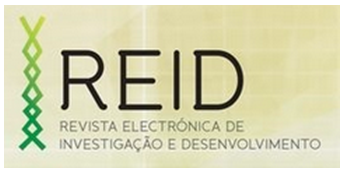Training of Tutors of the Institute of Distance Education in teaching and learning methodologies
Joao Lazaro, Gomes Juliasse, João Lazaro, Leonor Picardo
DOI:
https://doi.org/10.70634/reid.v1i11.137Palavras-chave:
Training of tutors, pedagogical practices, methodologies in Distance EducationResumo
This research aims to describe the training of tutors from the Institute of Distance Education in teaching and learning methodologies. This is a descriptive study, of a predominantly qualitative nature. The sample selection was non-probabilistic and intentional, consisting of 128 tutors from the distance education institute of the Catholic University of Mozambique. For data collection, a self-assessment questionnaire was applied, consisting of 10 questions, of which, 6 questions whose objective is to assess the level of tutors' previous knowledge on the subject and describe the expectations of the tutors; 4 questions aimed at analyzing the tutors' opinions regarding strengths, weaknesses, and exploring expectations for future training. For the closed questions, the Lickert scale was used, having been classified from 1 to 4, in order to indicate the degree of disagreement, or agreement, in relation to certain statements. The data analysis was based on a methodological comparison with the information collected through the questionnaire. The main results point to the importance of carrying out systematic training, and the inclusion of assessment tools, which enable permanent training through continuous training. Although the tutors have some experience in the area, they still need this continuous training in order to act with proficiency in technology-mediated education.

